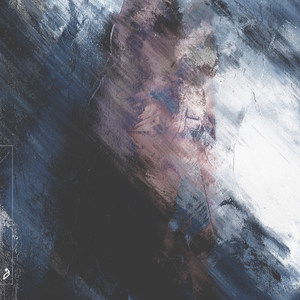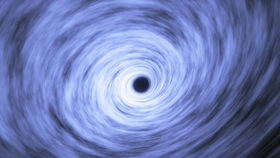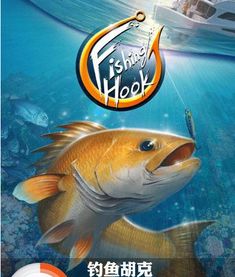Content:
Black hole fishing, also known as stillwater fishing, can be a challenging yet highly rewarding experience for anglers. One of the most exciting and effective methods to fish in these environments is through the use of lure techniques. In this article, we will delve into the art of black hole fishing and provide you with essential lure techniques to help you catch more fish.
Understanding Black Hole Fishing
Black hole fishing refers to the practice of targeting fish in stillwater environments, such as lakes, ponds, and reservoirs. These areas are often characterized by deep, dark water, which can make it difficult for anglers to spot fish. Therefore, having the right lure techniques is crucial for success.
Choosing the Right Lure
The first step in mastering black hole fishing is selecting the appropriate lure. There are several types of lures that can be effective, but here are a few popular options:
Jigs: Jigs are versatile lures that can be used in a variety of conditions. They come in various shapes, sizes, and colors, making them suitable for targeting different species and fish behaviors.
Spinnerbaits: Spinnerbaits are great for attracting fish with their moving blades. They are particularly effective in clear water where fish are more likely to be sight feeders.
Cranks: Cranks mimic the swimming motion of fish and can be effective in both deep and shallow water. They come in a wide range of depths and actions, allowing you to cover different layers of the water column.
Soft Plastics: Soft plastics, such as worms, grubs, and swimbaits, are excellent for imitating real-life prey. They are highly versatile and can be rigged in various ways to mimic different movements.
Essential Lure Techniques

Once you have the right lure, it's time to learn the techniques that will help you catch more fish:
Presenting the Lure: When fishing in black holes, it's important to present your lure in a way that mimics natural prey. For jigs, a slow and steady retrieve can be effective, while spinnerbaits and cranks can be worked with a more erratic motion to trigger strikes.
Rigging Soft Plastics: Rigging soft plastics correctly is key to their effectiveness. Depending on the species you're targeting, you may want to rig them on a straight hook, a Texas rig, or a Carolina rig. Experiment with different rigging methods to see which one works best in your specific situation.
Adjusting Your Retrieve: The retrieve speed and pattern can significantly impact your success. In murky water, a slower retrieve may be more effective, as it allows the fish more time to locate the lure. In clear water, a faster retrieve can sometimes be more effective, as it can trigger strikes from more aggressive fish.
Using the Right Colors and Patterns: The color and pattern of your lure can make a big difference. Bright colors like chartreuse, white, and yellow can be effective in murky water, while natural colors like brown, green, and black may work better in clear water.
Timing Your Strikes: When a fish strikes, it's important to set the hook quickly and firmly. Black hole fishing often involves subtle strikes, so being patient and observant is crucial. Pay attention to any changes in line tension or movement, as these can indicate a fish taking the bait.
Additional Tips
Weather Conditions: Pay attention to weather conditions, as they can significantly impact fish activity. Overcast days or periods of rain can often lead to increased fish activity as they move to shallower water to feed.
Water Temperature: Fish are more active in warmer water, so consider the water temperature when planning your fishing trips. Early morning or late evening can be particularly productive times.
Cover and Structure: Look for areas with cover or structure, such as rocks, weeds, or fallen trees, as these can provide fish with protection and attract them to those areas.
By mastering these essential lure techniques and understanding the nuances of black hole fishing, you'll be well on your way to becoming a more successful angler. Remember, practice and patience are key, and with time, you'll develop a keen sense for what works best in your favorite black hole fishing spots. Happy fishing!












